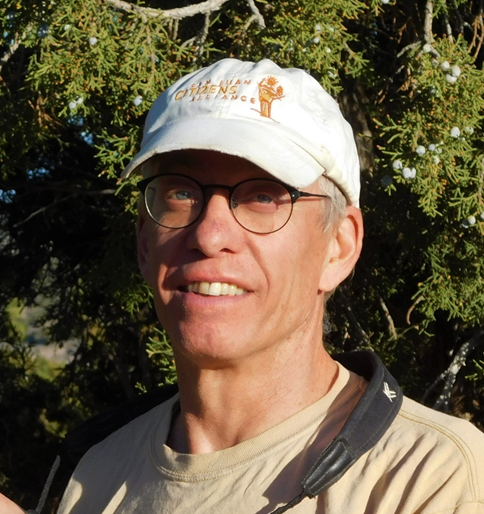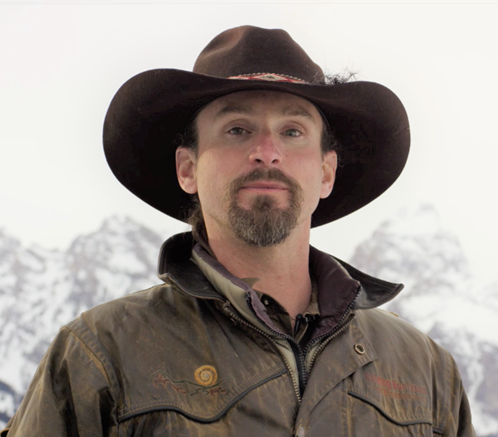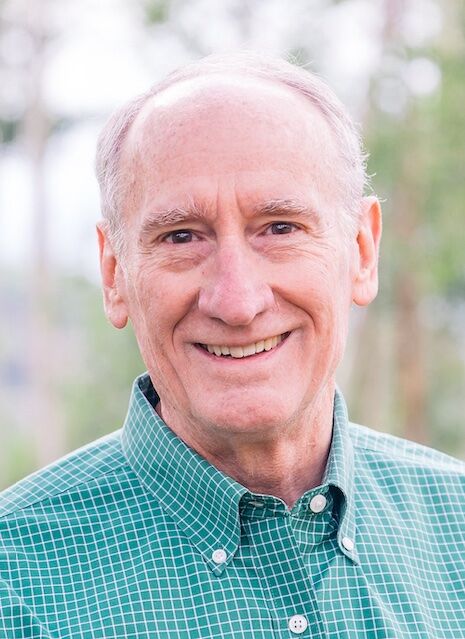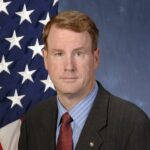Allegations sabotage wolf stakeholder process | IN RESPONSE



We are deeply concerned by the unsubstantiated allegations and disinformation in John Howard’s “Politics undermines Colorado wolf plan. We, with Howard, are members of the Colorado Parks and Wildlife (CPW) Stakeholder Advisory Group (SAG) comprised of 17 Coloradans, including hunters, outfitters, ranchers and wildlife advocates. Like Howard and most SAG members, we are among the 9% of Coloradans who hold hunting licenses. We are also scientists.
Howard claims there was “relentless political interference” on the SAG to “support an animal-rights agenda” and that “science was pushed aside and replaced with ideology.” In Colorado, reintroductions must be approved by the legislature or the voters, and thus are inherently political.
It is true Gov. Jared Polis supports wolf restoration and welfare, as do most Coloradans. But while serving on the SAG for 18 months, in a transparently political process, we never heard from the Governor’s Office or any other elected state official. We did hear from county commissioners, who were mostly opposed to wolf restoration.
The Technical Working Group and SAG regularly considered science; the SAG primarily addressed the social and economic – i.e., political – aspects of the planning process. The SAG did have several applied scientists, who presented science that influenced our recommendations. For example, we reviewed the science on livestock conflicts and lethal control, and on interactions between wolves and prey. Other states’ data shows there are more elk now, and more elk hunting opportunities (the state agencies’ primary source of revenue), than when wolves were reintroduced to the northern Rockies. If anything, this “science was pushed aside” with Howard’s “ideology.”
Howard still insists on using the scientifically incorrect “introduction” instead of “reintroduction,” continuing his disinformation during the 2020 election to imply wolves are non-native.
Howard targets a column by former Colorado U.S. Sen. Mark Udall, calling it a “misleading polemic,” but offers no examples of misinformation. In fact, Udall’s comments on self-sustaining populations, conflict minimization and wolves’ nongame status are consistent with both published science and the voters’ legal intent.
Howard claims there is no peer-reviewed study indicating that wolf predation can reduce Chronic Wasting Disease in deer or elk. Actually, there are two recent studies, one by CPW’s own research staff and another with their participation. Currently the best available science indicates that wolves can and probably do select CWD-infected prey.
Howard highlights the one conclusion in the National Wildlife Federation report that has no scientific evidence. The report’s assertion on wolf hunting relies on interviews with biologists, and does not say how the biologists were chosen (presumably from agencies steeped in hunting culture) or what they were asked. In scientific terms, it is an untested hypothesis, not a conclusion. Wildlife professionals do not all agree that public wolf hunting is desirable. In fact, some science indicates that legal hunting increases illegal killing.
Howard is correct about the successes of the North American Model of Wildlife Conservation but ignores its limitations. The Model assumes utilitarian values, addressing wildlife only as resources to be harvested, despite society’s more mutualistic wildlife values. It worked for elk (also reintroduced) and deer, but has failed at carnivore restoration and coexistence. It’s time we recognize the Model as one aspect of a larger, more ambitious project.
CPW asked the SAG to discuss wolf hunting, a subject on which the members would never find consensus. The wolf is legally a nongame species, and surveys show public support for wolves and opposition to trophy hunting and trapping of wolves. Hunting wolves would also conflict with impact-based management, a principle on which all SAG members including Howard agreed. For these reasons, the SAG concluded any discussion of wolf hunting now or before a self-sustaining population is reached would increase polarization and turn public opinion against hunting and CPW. The SAG recommended, by consensus, CPW not make a decision on public hunting in the current plan, but to defer that discussion to future required plan revisions. The SAG discussed lethal control in response to livestock conflicts separately.
After his allegations, Howard concludes he supports “without reservation” what he bashes as “an incomplete plan” that “will not serve us or the wolves well.” It’s hard to reconcile that doublespeak.
We agree with Howard that all SAG “members faced terribly difficult compromises,” and that the process, like all policy processes, was imperfect – but not in the ways he asserts. Nevertheless, because we went through this stakeholder process, Colorado, including its wildlife and our wildlife agency, will be better off.
The draft Colorado Wolf Restoration and Management Plan, including the Technical and Stakeholder Advisory Groups recommendations, is now available; CPW is accepting public comments until Feb. 22, 2023.
Gary Skiba is a wildlife biologist retired from CPW, and led the stakeholder group that developed the 2004 wolf plan adopted by the CPW Commission; and currently wildlife program manager with the San Juan Citizens Alliance. Matt Barnes is a rangeland scientist and wildlife coexistence specialist, and former ranch manager, currently a research associate with the Northern Rockies Conservation Cooperative. Both are members of CPW‘s Stakeholder Advisory Group; their opinions are their own.










